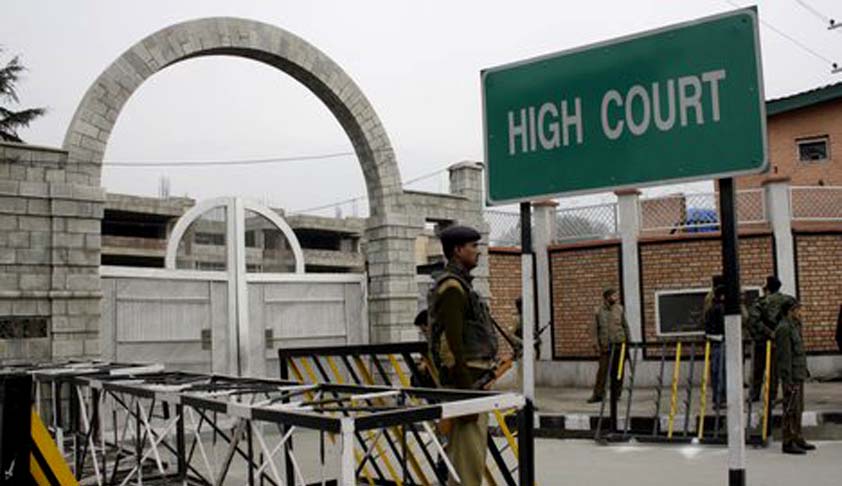Article 370-Special status conferred to Jammu & Kashmir is irrevocable, says High Court of J&K
Anju Cletus
12 Oct 2015 10:40 AM IST

Next Story
12 Oct 2015 10:40 AM IST
A Division Bench of the High Court of Jammu and Kashmir observed that Article 370 of the Constitution of India which confers special status to the state of Jammu and Kashmir cannot be altered any further by way of abrogation, repeal or amendment, reports Indian ExpressThe Bench which comprised of Justice Hasnain Masoodi and Justice Janak Raj Kotwal was considering a question of...
